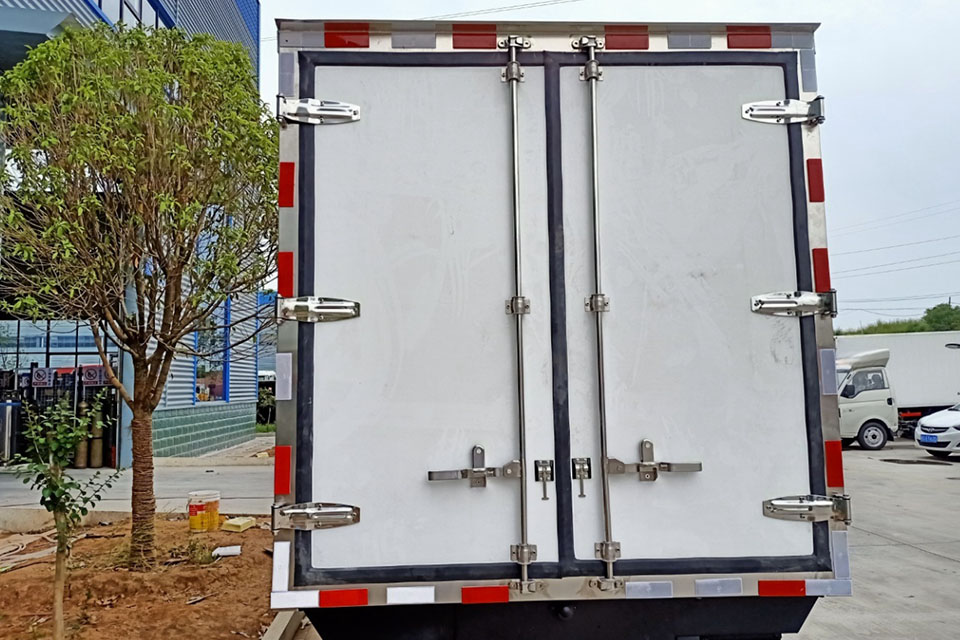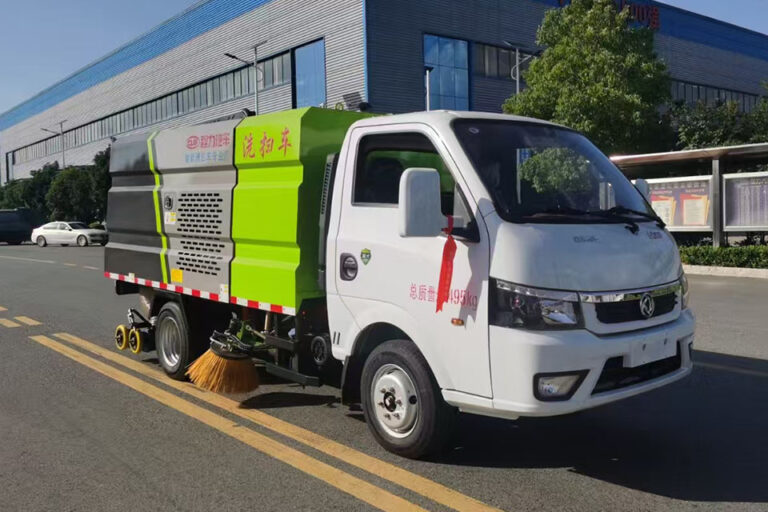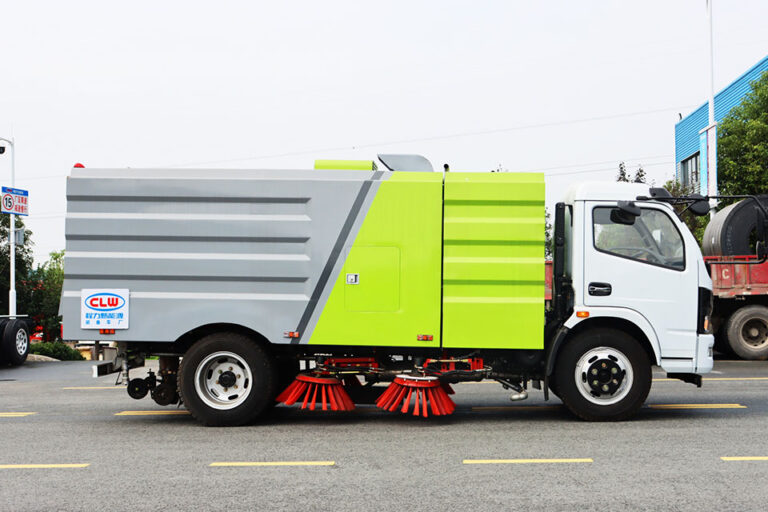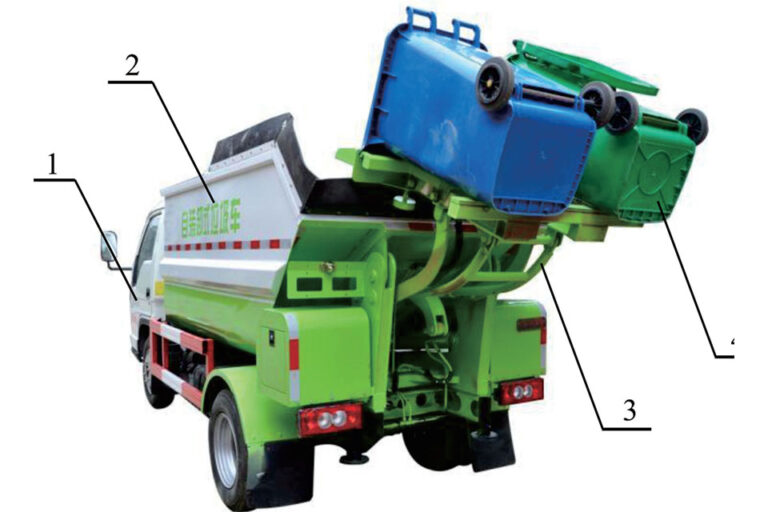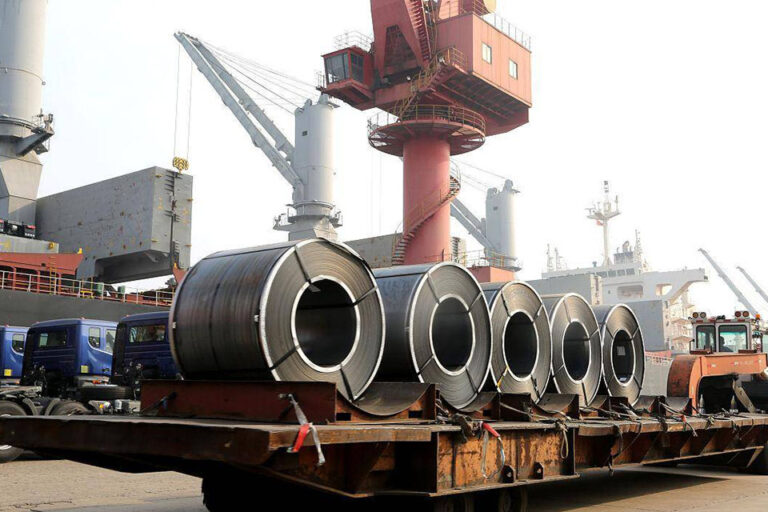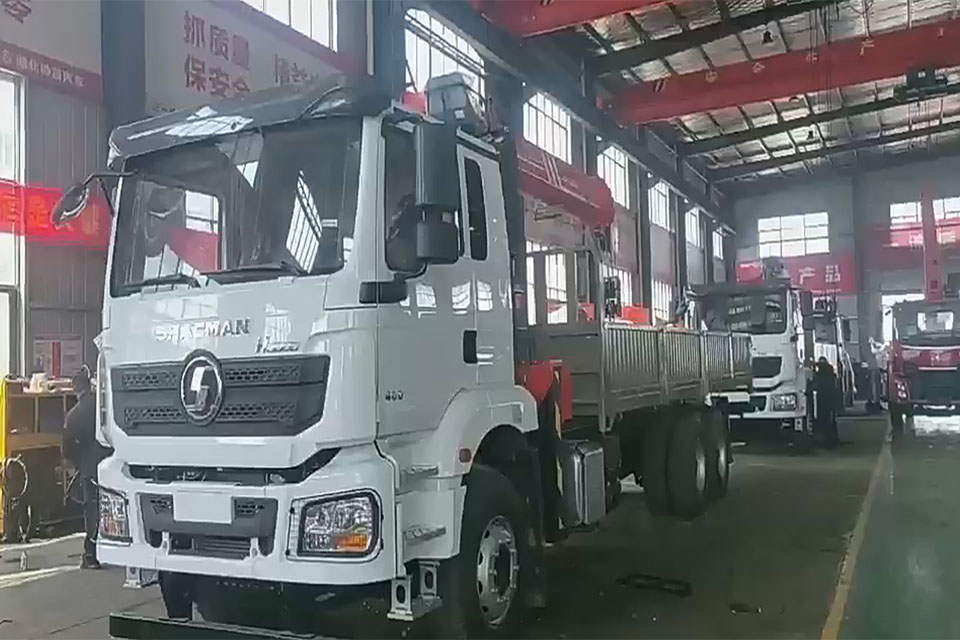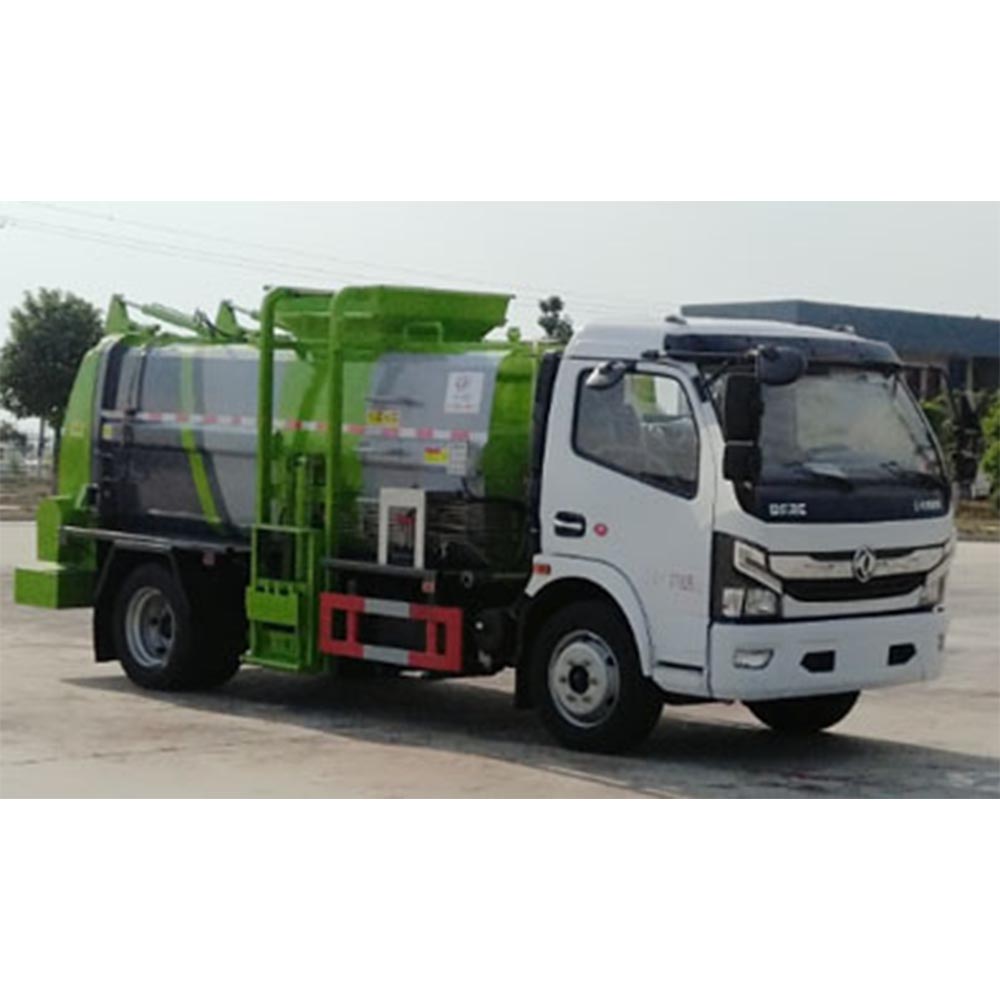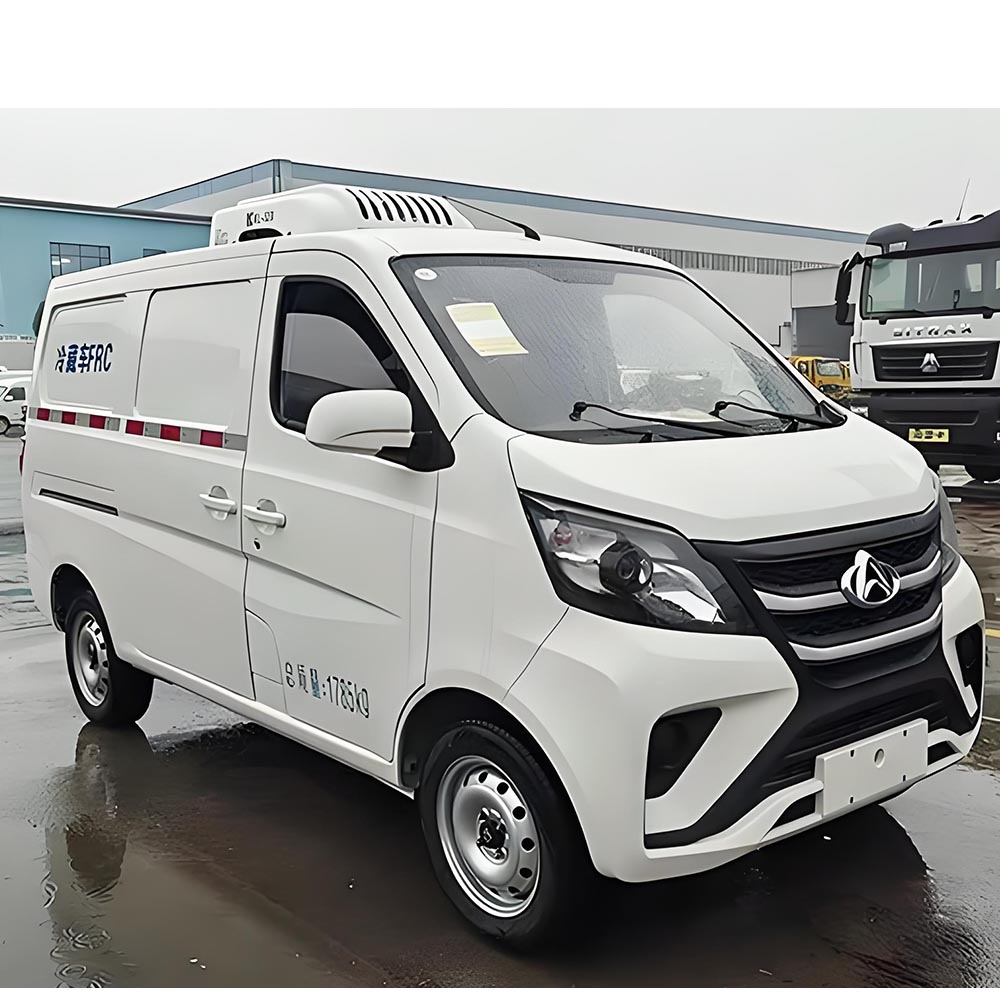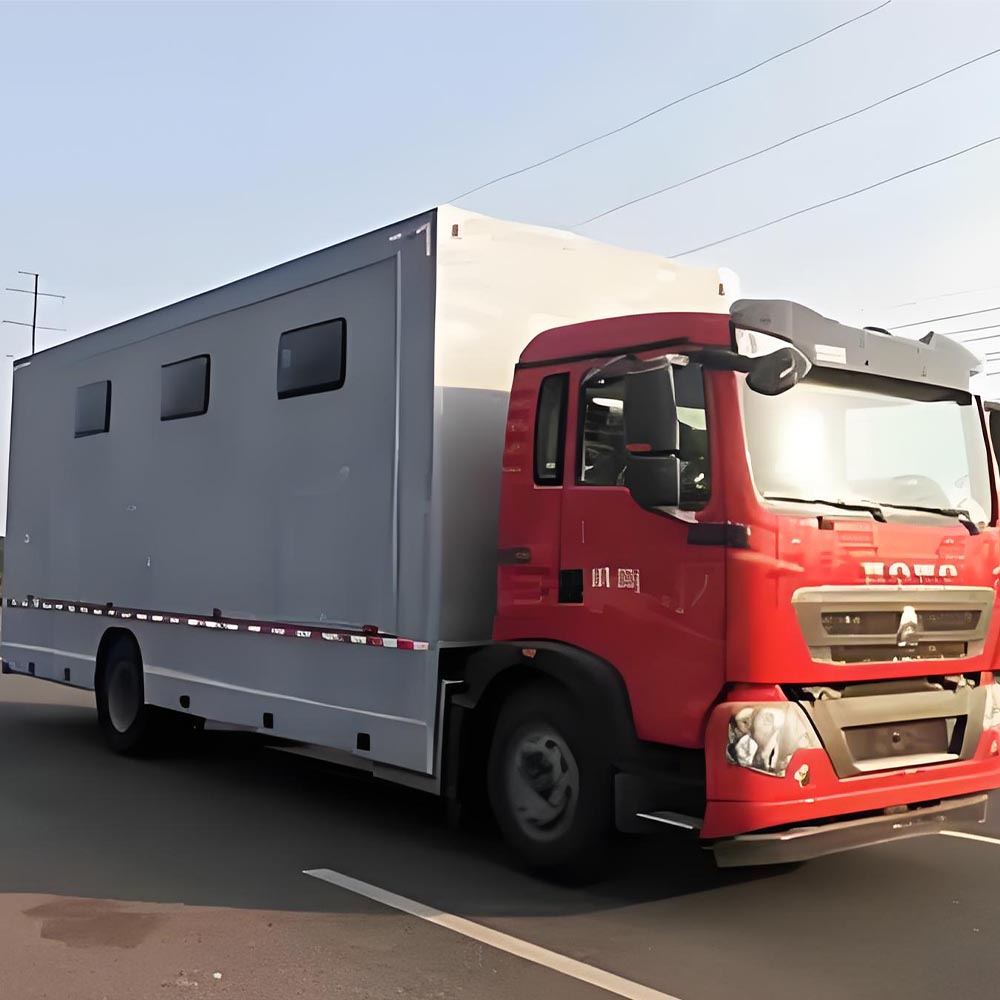-
Chengli Automobile Industry Park
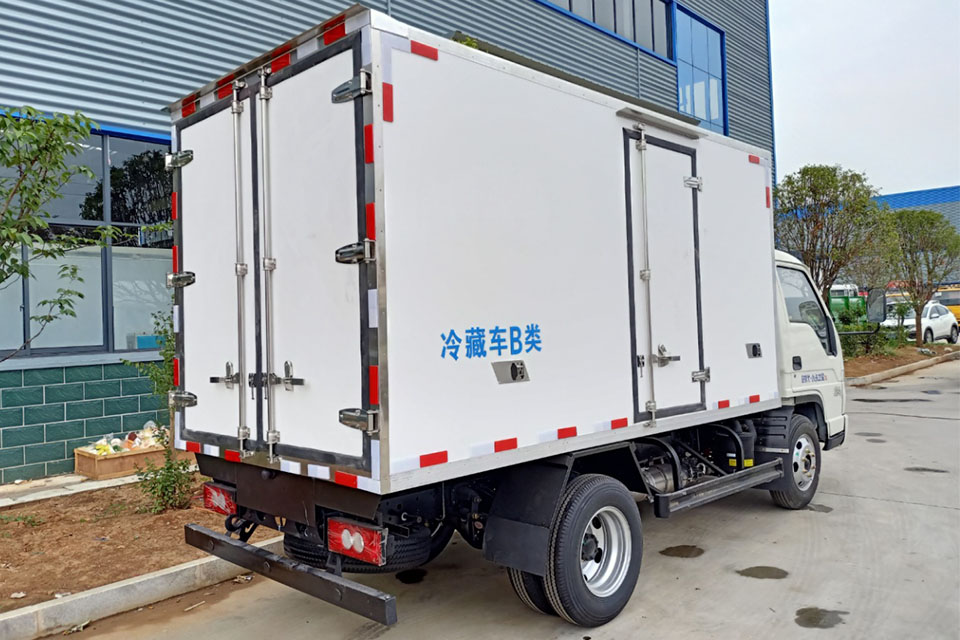
How does a refrigerated truck get power?
Have you ever seen a big truck with food inside? These cold trucks keep food fresh. But how do they stay cold? Let’s find out how refrigerated trucks get power!
Table of Contents
What Are Refrigerated Trucks?
Refrigerated trucks, or reefers, are special vehicles that keep things cold. They move:
- Food that needs to stay cold
- Medicine that must not get hot
- Vaccines that need a cold place
These trucks have a cooling unit. This unit needs power to work. Over 4 million refrigerated trucks are on roads around the world! They grow in number by about 2.5% each year.
Main Ways Refrigerated Trucks Get Power
Let’s look at how these cold chain trucks stay cool:
1. Diesel Engine Power
Most refrigerated trucks use their main engine to run the cooling part. The truck engine:
- Turns a belt or drive
- Makes the cooling unit work
- Keeps working when driving
This is the old way many reefer trucks work. It uses more gas but is very strong for long trips.
2. Auxiliary Power Units (APUs)
When the truck stops, it needs a way to keep things cold. That’s what APUs do!
- Small extra engine (often diesel)
- Works when main truck engine is off
- Helps save the truck’s main power
- Keeps food or medicine safe when parked
An APU makes sure your ice cream stays frozen even when the driver takes a nap!
3. Electric and Hybrid Systems
New refrigerated trucks can use electric power! This is better for our air.
- Battery power runs the cooling unit
- Carrier Transicold’s Supra eCool and other models help trucks use less gas
- Electric TRUs cost 30-50% less to run than diesel ones
- Truck companies like Wabash National now use about 150 electric refrigeration units
Check out these Semi-Trailer Tractor Trucks that can pull refrigerated trailers!
Real World Examples: Who Uses These Trucks?
Companies all over use refrigerated trucks:
| Company Name | Number of Trucks | Type Used |
|---|---|---|
| Hill Brothers | 500 refrigerated trailers | Traditional diesel |
| KLLM Transport | “Lean” 1.4 truck-to-trailer ratio | Mixed fleet |
| Leonard’s Express | 650 reefers (after cutting 75) | Optimized fleet |
| Performance Food Group | Testing with Carrier eCool | Electric TRU |
| Wabash National | ~150 units | Electric TRUs |
Great Dane company now puts Thermo King’s tracking system in their trucks to watch temperatures from far away.
Global Market Reach & Technical Strength
50+ Countries
Products exported worldwide
Technical Expertise
Advanced R&D capabilities
How Much Power Do These Cooling Systems Use?
Refrigerated trucks need lots of power! The cold chain (all the cold trucks and places) uses about 15-20% of all the world’s energy problems. That’s why many trucks are trying new ways to save power.
Electric TRUs and Their Range
When a truck uses a battery-powered cooling system:
- It might go 15-20 miles less before needing more power
- It costs much less money to run
- It makes less noise in neighborhoods
- It helps meet zero-emission goals in places like California
Learn about Electric Mobile Sales Vans that sometimes include refrigeration!
New Technology Making Refrigerated Trucks Better
Truck companies are making big changes to how refrigeration units get power:
Smart Monitoring Systems
New tools watch how cold your food stays:
- Webfleet Cold Chain watches all cooling trucks at once
- Great Dane’s FleetPulse and Thermo King’s TracKing work together
- Truck owners can see temperatures on their phones
High-Power Charging
For electric refrigerated trucks, we need good places to charge:
- Solar panels can help power truck charging stations
- Smart software figures out the best way to charge
- Battery storage helps when many trucks need power
Vector System by Carrier
The Vector 8700 and Vector 8800MT by Carrier Transicold use new E-Drive technology. These systems:
- Cut down smoke and gas use by 40%
- Use less fuel
- Keep working better
Discover Refrigerated Lorry options for your transport needs!
Challenges With Refrigerated Truck Power
Keeping food cold while moving it has some hard parts:
Temperature Problems
Sometimes the cooling units can’t keep the right cold level during the whole trip. This can make:
- Food not as fresh
- Medicine not work right
- Vaccines get too warm
Cost Issues
New electric TRUs cost more money at first. But they save money over time by:
- Using less fuel (30-50% less costs)
- Needing less fixing
- Lasting longer
Rules That Must Be Followed
More and more places have rules about smoke from trucks. California is making new rules that say refrigerated trucks need to make less smoke. This is why companies like Carrier Transicold are making new electric units.
What’s Next for Refrigerated Truck Power?
The way cold trucks get power is changing fast:
- More electric refrigeration
- Solar power helping charge trucks
- Better ways to watch temperatures
- Hydrogen fuel cells might power trucks someday
Southern California Edison, a power company, is helping more trucks use electric power for both driving and cooling.
Quick Questions About Refrigerated Truck Power
Can a refrigerated truck stay cold when the engine is off?
Yes! They use APUs or electric standby systems that work even when the big engine is off.
How far can an electric refrigerated truck go?
When using the cooling unit, an electric truck might go 15-20 miles less far. But this is getting better with new batteries.
Do refrigerated trucks use a lot of gas?
Yes, the old ones do. That’s why many are moving to electric systems that use less power and make less smoke.
Can solar power help run refrigerated trucks?
Yes! New ideas include using solar panels at truck stops to help charge the cooling systems.
Ending Thoughts
Refrigerated trucks keep our food fresh and our medicine safe as they move around. They use power in many ways – from old diesel engines to new electric batteries.
As more trucks move to electric power, we’ll see less smoke, less noise, and better ways to keep an eye on cold food. With over 4 million refrigerated trucks on roads today, these changes will help our world stay clean while keeping our ice cream frozen!
Find out about Vaccine Cold Chain Vehicles designed specifically for temperature-sensitive medical transport!
